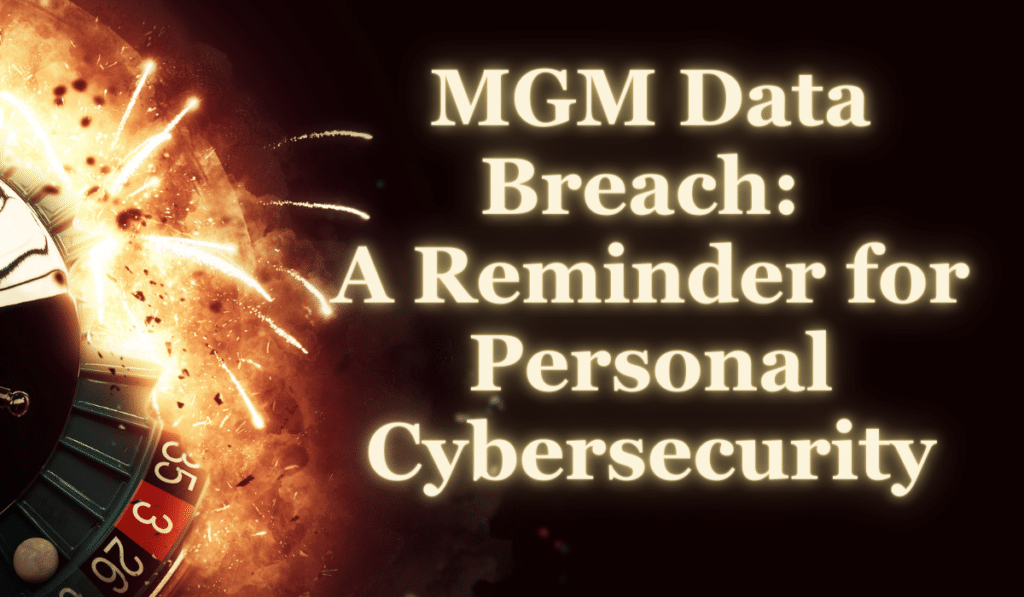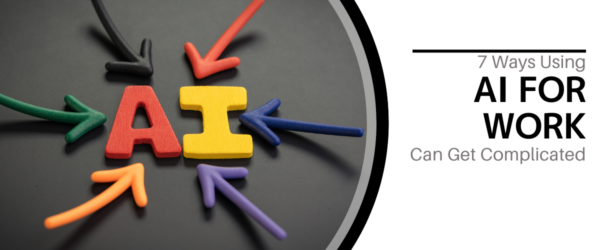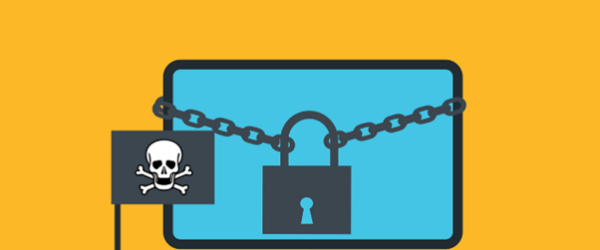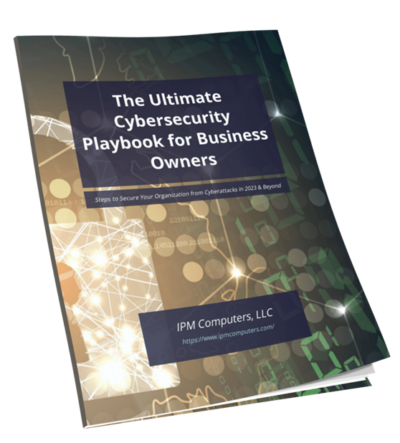Technology permeates almost every aspect of our lives, and the security of our personal information is more crucial than ever. Recently the MGM data breach that was reported reminds us that we must proactively safeguard our sensitive data, for no entity can guarantee foolproof protection. According to the Reuters article, MGM, a renowned hospitality and entertainment company, anticipates that a cybersecurity incident will negatively impact its third-quarter earnings. This breach serves as a reminder that businesses, regardless of their size or reputation, can fall victim to cyber-attacks, potentially exposing customer data.
In light of this breach, it’s crucial to emphasize that cybersecurity is a shared responsibility. While companies must implement robust security measures and adhere to stringent privacy standards, individuals must also play an active role in protecting their data.
Understanding the MGM Data Breach
The details of the MGM data breach are still emerging, but one thing is clear: the breach has raised concerns about the security of personal information stored by various businesses.
This breach is a reminder that even industry giants with substantial resources can face cybersecurity challenges. It underscores the need for individuals to be proactive in protecting their information, rather than solely relying on businesses to do so.
The Importance of Personal Cybersecurity
Cybersecurity should be a priority for everyone, from individuals to organizations. Here are a few reasons why:
1. Identity Theft and Financial Loss
In the event of a data breach, personal information can be exposed to malicious actors. This can lead to identity theft, where criminals use stolen information for fraudulent activities. This may result in financial loss as well as damage to your credit score.
2. Privacy Violations
Personal data is valuable and can be misused in various ways, including unauthorized marketing, stalking, or harassment. Protecting your information is essential to maintain your privacy and peace of mind.
3. Reputational Damage
If your personal information is compromised, it can tarnish your reputation. Restoring trust and credibility can be challenging once your data has been exposed.
4. Legal Consequences
Depending on the jurisdiction, companies might have legal obligations to safeguard customer data. However, individuals may also have legal responsibilities to protect their own data.
Taking Control of Your Cybersecurity
While it’s important to advocate for stronger cybersecurity measures at the organizational level, individuals must actively engage in protecting their data. Here are some proactive steps you can take:
1. Use Strong and Unique Passwords
Create strong, unique passwords for each online account you have. Use a mix of uppercase and lowercase letters, numbers, and symbols.
2. Enable Multi-Factor Authentication (MFA)
MFA adds an extra layer of security by requiring at least two forms of identification before granting access. Utilize MFA whenever possible to enhance security.
3. Regularly Update and Patch Your Devices
Keep your operating system, applications, and antivirus software up to date to address vulnerabilities and potential security threats. This means laptops, desktops, and smartphones!
4. Educate Yourself about Cyber Threats
Stay informed about the latest cyber threats and phishing techniques to recognize potential risks and protect yourself accordingly.
5. Secure Your Internet Connection
Use secure Wi-Fi networks and avoid using public Wi-Fi for sensitive transactions. Consider using a virtual private network (VPN) for added security. Especially if you’re traveling, you’ll want to look into different options that keep your data safe.
6. Be Cautious with Sharing Personal Information
Limit the information you share on social media and public platforms. Be cautious when providing personal information online or over the phone.
7. Regularly Monitor Your Accounts
Frequently check your bank accounts, credit cards, and other financial accounts for any suspicious activities. Report any unauthorized transactions immediately.
The recent MGM data breach reminds us that cybersecurity is a collective responsibility. While businesses must implement stringent security measures, individuals must also actively take steps to protect their data. By prioritizing personal cybersecurity and adopting best practices, we can mitigate the risks and navigate the digital world with greater safety and confidence. Stay vigilant, stay informed, and stay secure. Gambling with your identity is not a risk worth taking!
The post MGM Data Breach: A Reminder for Personal Cybersecurity appeared first on Breach Secure Now!.





